






pH Wellness
Treatment Focus
This center treats substance use disorders and co-occurring mental health conditions. Your treatment plan addresses each condition at once with personalized, compassionate care for comprehensive healing.
Primary Level of Care
Offering intensive care with 24/7 monitoring, residential treatment is typically 30 days and can cover multiple levels of care. Length can range from 14 to 90 days typically.
Claimed
Recovery.com has connected directly with this treatment provider to validate the information in their profile.
Treatment Focus
This center treats substance use disorders and co-occurring mental health conditions. Your treatment plan addresses each condition at once with personalized, compassionate care for comprehensive healing.
Primary Level of Care
Offering intensive care with 24/7 monitoring, residential treatment is typically 30 days and can cover multiple levels of care. Length can range from 14 to 90 days typically.
Provider's Policy
We accept most health insurance companies, except Medicare and Medicaid. When you reach out to us, we will collaborate with you and your insurance provider to identify the best treatment option. For assistance, call us or complete the form for a free insurance benefits check.
pH Wellness
pH Wellness
About pH Wellness
Tucked into the mountain foothills of Riverside, pH Wellness is a family-run detox, residential, and outpatient center for adults with drug addiction, as well as any co-occurring mental health or eating disorders. Clients can bring pets, enjoy healthy meals, and settle into a calming space designed for community. Many come from Orange County, San Diego, and beyond for fast admissions, expert care, and a strong sense of community.
Led by Experience, Built with Heart
One of the founders is in long-term recovery and brings real-world insight to the team. Backed by years of coaching leaders across the country, he helps shape custom recovery plans that fit each client’s needs. This personal touch, paired with a fully licensed medical team, sets the tone for personalized, compassionate care.
Healing Through Movement and Expression
What sets pH Wellness apart from its competitors is its fitness-based approach. The 4.5-acre main campus has a 5,000-square-foot gym, hiking trails, and access to golf and group outings. They use the body as part of healing and ensure clients have good nutrition. Meditation, yoga, and group adventure outings are key parts of their therapy plans. For clients who like to express themselves non-verbally, they can use art and music as part of the recovery process.
Alongside their fitness and experiential therapies, pH Wellness uses traditional individual, family, and group therapies, which their therapists and nurses facilitate. They employ 12-Step Facilitation, cognitive behavioral therapy (CBT), dialectical behavior therapy (DBT), and trauma-informed therapy. Additionally, they can optionally provide clients with Christian spiritual care as part of the 12 Steps and the overall care process.
Long-Lasting Success at the Client's Pace
pH Wellness's 30-day residential program includes detox and dual diagnosis support. Their day (PHP) and intensive outpatient (IOP) care lasts as long as needed, and clients can work or go to school during treatment.
After treatment at pH Wellness, they can connect clients with one of their trusted third-party aftercare programs. To help clients stay on track during the aftercare programs and beyond, pH Wellness prepares clients with relapse prevention plans and job placement support.
Immediate Placement
pH Wellness currently has openings for clients and can begin discussing options for healing right away.

Center Overview
Treatment Focus
This center treats substance use disorders and co-occurring mental health conditions. Your treatment plan addresses each condition at once with personalized, compassionate care for comprehensive healing.
Joint Commission Accredited
The Joint Commission accreditation is a voluntary, objective process that evaluates and accredits healthcare organizations (like treatment centers) based on performance standards designed to improve quality and safety for patients. To be accredited means the treatment center has been found to meet the Commission's standards for quality and safety in patient care.
Insurance Accepted
Pricing and Program Length
Estimated Center Costs
Center pricing can vary based on program and length of stay. Contact the center for more information. Recovery.com strives for price transparency so you can make an informed decision.
Meet Your Care Team
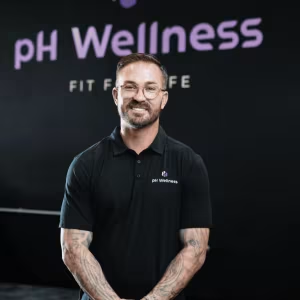
Tony Hoffman Founder
Mental Health & Substance Abuse Speaker
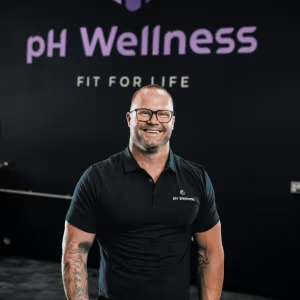
Matt Paz Founder-CEO
Health & Fitness Instructor

Dr. Blair Steel
Psy.D Licensed Psychologist / Clinical Supervisor

Dr. David Yoon
MD MPH Medical Director

Gabriela Calvert
LCSW Clinical Director / Lead Therapist
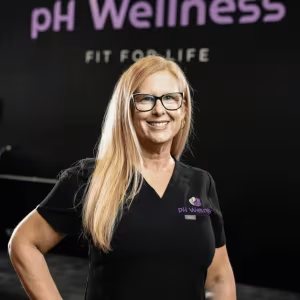
Angela Lankford
Lead Nurse
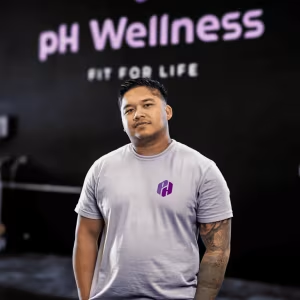
Kevin Cruz
Therapist
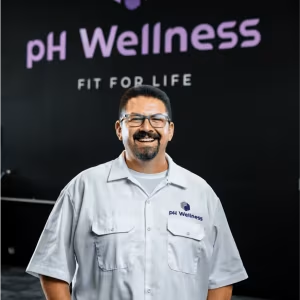
Miguel Herrea
Program Director
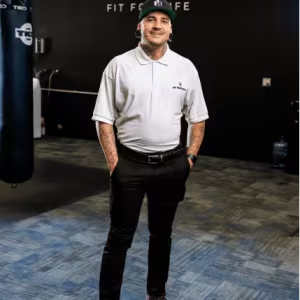
Derek Sibauste
Program Manager

Kristi Silvia
Human Resources / Administration
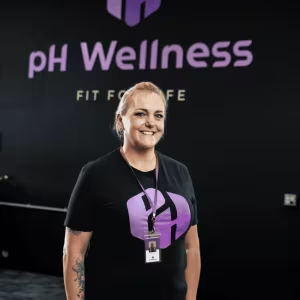
Sarah Pobog
Case Manager
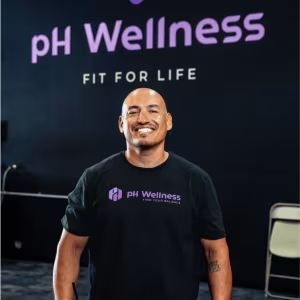
Anthony Ramirez
Discharge Planner
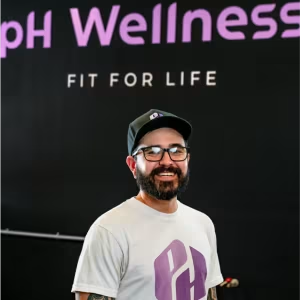
Jacob Alonzo
Outreach & Admissions
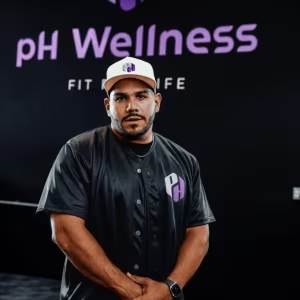
Mike Artigas
Outreach & Admissions
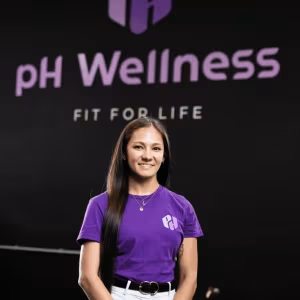
Alisha Cobb
Quality Control
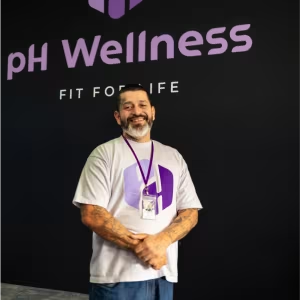
Mike Santos
Overnight Lead
Levels of Care








Your Care Options
Specializations
Co-Occurring Disorders
A person with multiple mental health diagnoses, such as addiction and depression, has co-occurring disorders also called dual diagnosis.
Adventure Therapy
This experiential approach uses the physical and emotional challenges of outdoor activities as tools for personal growth.
Drug Addiction
Drug addiction is the excessive and repetitive use of substances, despite harmful consequences to a person's life, health, and relationships.
Who We Treat
Men and Women
Men and women attend treatment for addiction in a co-ed setting, going to therapy groups together to share experiences, struggles, and successes.
Approaches
Personalized Treatment
The specific needs, histories, and conditions of individual patients receive personalized, highly relevant care throughout their recovery journey.
Twelve Step
Incorporating spirituality, community, and responsibility, 12-Step philosophies prioritize the guidance of a Higher Power and a continuation of 12-Step practices.
Christian
Through surrender and commitment to Christ, patients refocus the efforts and source of their recovery with clinical and spiritual care.
Holistic
A non-medicinal, wellness-focused approach that aims to align the mind, body, and spirit for deep and lasting healing.
Evidence-Based
A combination of scientifically rooted therapies and treatments make up evidence-based care, defined by their measured and proven results.
Wellness
Wellness philosophies focus on the physical, mental, and spiritual wellness of each patient, helping them restore purpose with natural remedies.
Therapies
Spiritual Care
Tending to spiritual health helps treatment become more effective, allowing patients to better cope with their emotions and rebuild their spiritual wellbeing.
1-on-1 Counseling
Patient and therapist meet 1-on-1 to work through difficult emotions and behavioral challenges in a personal, private setting.
Family Therapy
Family therapy addresses group dynamics within a family system, with a focus on improving communication and interrupting unhealthy relationship patterns.
Adventure Therapy
This experiential approach uses the physical and emotional challenges of outdoor activities as tools for personal growth.
Twelve Step Facilitation
12-Step groups offer a framework for addiction recovery. Members commit to a higher power, recognize their issues, and support each other in the healing process.
Art Therapy
Visual art invites patients to examine the emotions within their work, focusing on the process of creativity and its gentle therapeutic power.
Conditions We Treat
Anxiety
Anxiety is a common mental health condition that can include excessive worry, panic attacks, physical tension, and increased blood pressure.
Depression
Symptoms of depression may include fatigue, a sense of numbness, and loss of interest in activities. This condition can range from mild to severe.
Bipolar
This mental health condition is characterized by extreme mood swings between depression, mania, and remission.
Eating Disorders
An eating disorder is a long-term pattern of unhealthy behavior relating to food. Most people with eating disorders have a distorted self-image.
Substances We Treat
Cocaine
Cocaine is a stimulant with euphoric effects. Agitation, muscle ticks, psychosis, and heart issues are common symptoms of cocaine abuse.
Prescription Drugs
It's possible to abuse any drug, even prescribed ones. If you crave a medication, or regularly take it more than directed, you may have an addiction.
Benzodiazepines
Benzodiazepines are prescribed to treat anxiety and sleep issues. They are highly habit forming, and their abuse can cause mood changes and poor judgement.
Co-Occurring Disorders
A person with multiple mental health diagnoses, such as addiction and depression, has co-occurring disorders also called dual diagnosis.
Drug Addiction
Drug addiction is the excessive and repetitive use of substances, despite harmful consequences to a person's life, health, and relationships.
Chronic Relapse
Consistent relapse occurs repeatedly, after partial recovery from addiction. This condition requires long-term treatment.
Heroin
Heroin is a highly addictive and illegal opioid. It can cause insomnia, collapsed veins, heart issues, and additional mental health issues.
Methamphetamine
Methamphetamine, or meth, increases energy, agitation, and paranoia. Long-term use can result in severe physical and mental health issues.
Languages
Aftercare
Care Designed for Your Needs
Personal Amenities
Amenities
Special Considerations
Religion-Based Track
Patients can join faith-based recovery tracks to approach recovery with others in their faith, healing in a like-minded group with similar goals.
Pet Friendly
For greater comfort and healing, pet-friendly treatment centers welcome dogs and animal companions to stay with their owners while they attend treatment.
Clients can bring their own pet(s)
For greater comfort and healing, pet-friendly treatment centers welcome dogs and animal companions to stay with their owners while they attend treatment.
Couples program
Using gentle clinical care, therapists guide patients and their partner through guided sessions to address issues and work towards lasting solutions.
Activities
Yoga
Yoga is both a physical and spiritual practice. It includes a flow of movement, breathing techniques, and meditation.






